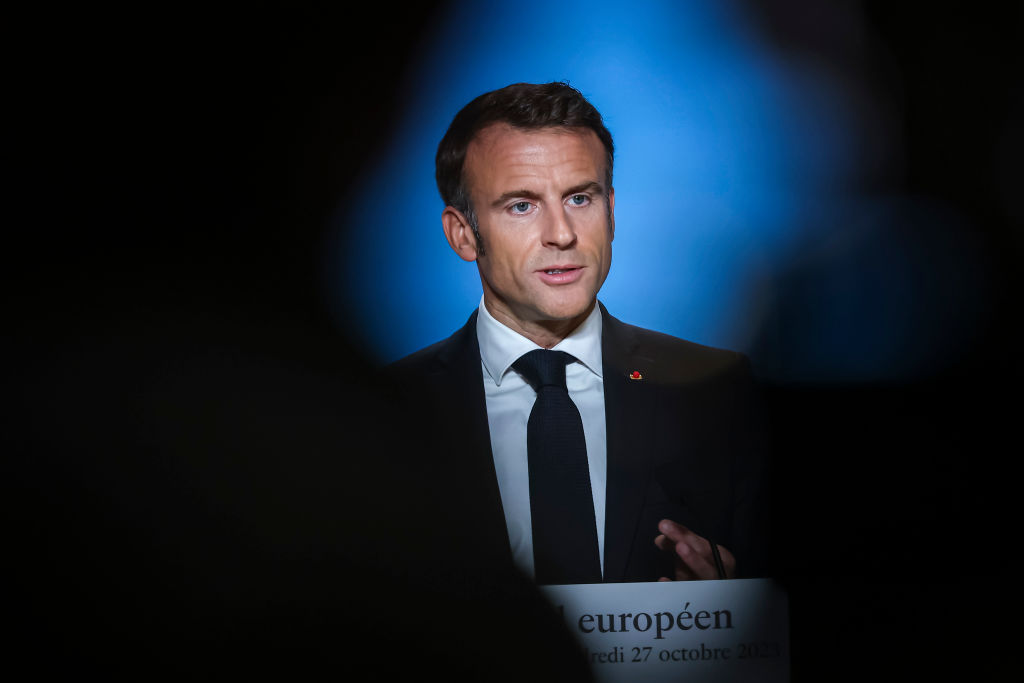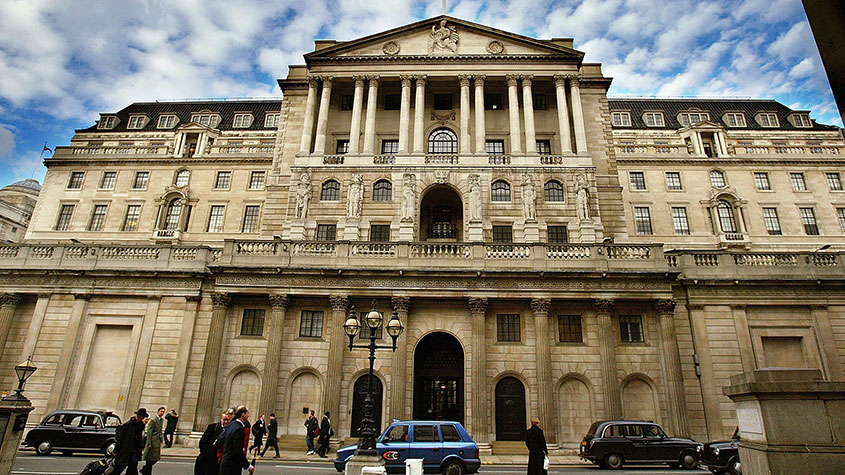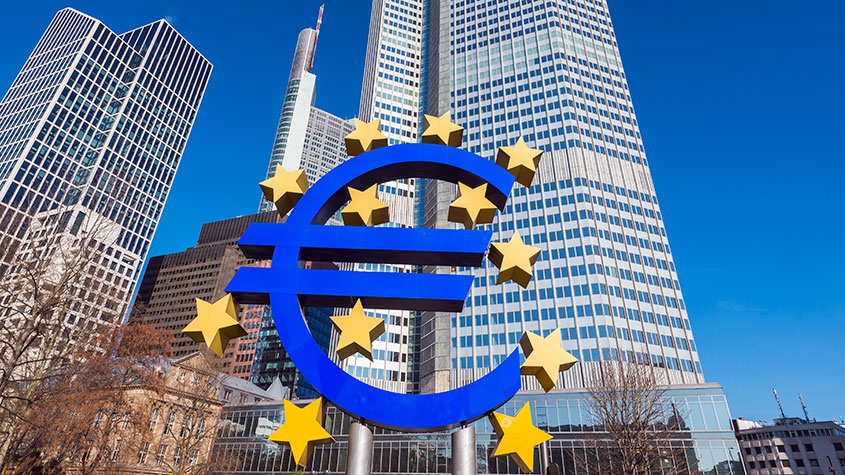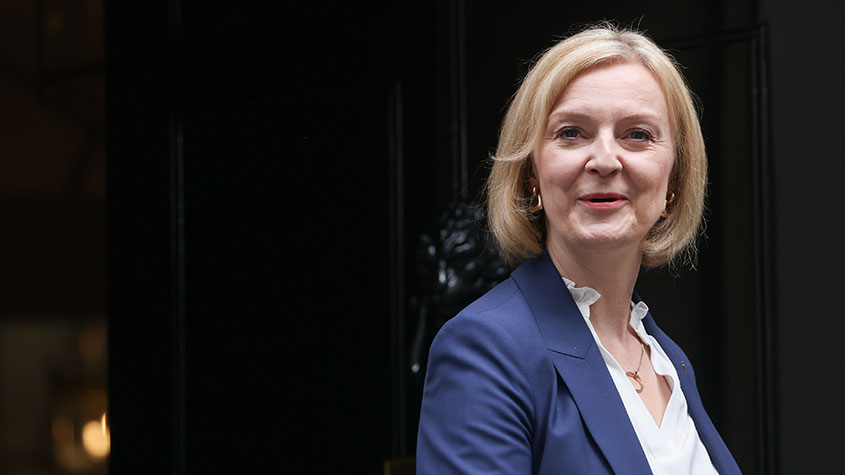Is the euro crisis finally over?
The eurozone crisis may have simmered down for the moment, but don't write off a flare-up.

Get the latest financial news, insights and expert analysis from our award-winning MoneyWeek team, to help you understand what really matters when it comes to your finances.
You are now subscribed
Your newsletter sign-up was successful
Want to add more newsletters?

Twice daily
MoneyWeek
Get the latest financial news, insights and expert analysis from our award-winning MoneyWeek team, to help you understand what really matters when it comes to your finances.

Four times a week
Look After My Bills
Sign up to our free money-saving newsletter, filled with the latest news and expert advice to help you find the best tips and deals for managing your bills. Start saving today!
The euro crisis may look like a tiny dot in the rear view mirror for the moment, but it could return at any time. Right now, confidence in the troubled countries is growing as the recovery continues.
Greece, which only two years ago imposed huge losses on creditors through the biggest debt restructuring on record, managed to sell five-year bonds at a yield of under 5% last month. Its ten-year government bond yields are under 10% from almost 50% in 2012.
Investors have returned to other formerly troubled countries. Italian ten-year yields have slid to a record low of just over 3%. Spain's ten-year yield is near a euro-era low. Irish bond yields, once 10% higher than gilts, are back to virtual parity.
MoneyWeek
Subscribe to MoneyWeek today and get your first six magazine issues absolutely FREE

Sign up to Money Morning
Don't miss the latest investment and personal finances news, market analysis, plus money-saving tips with our free twice-daily newsletter
Don't miss the latest investment and personal finances news, market analysis, plus money-saving tips with our free twice-daily newsletter
Portugal has just sold ten-year bonds with a yield of 3.6%. In early 2012 that yield was 17%. Lower yields mean lower long-term interest rates, which should spur investment and faster growth.
But investors are wrong to have gone "potty on the periphery", says The Economist. The outlook is nowhere near good enough to justify the slide in yields. The main problem is that the debt-ridden countries are unlikely to recover fast enough to get their public debt mountains under control.
A country's debt burden depends on how much it owes and the gap between the growth rate and the real (inflation-adjusted) interest rate it must pay. "On each count, Europe's peripheral governments fare poorly."
The debts are huge, mostly above 100% of GDP. "Structural reforms, from freeing labour markets to deregulating cosseted industries, have not been radical enough to transform their growth prospects."
To make matters worse, prices arefalling in several of the southern states. Deflation makes debt burdens heavier by increasing the real value of a fixed sum. It also raises real interest rates, making it harder to service the debt. Growth is likely to stay weak in the periphery, too weak to end deflation, which is already making the debt worse.
Investors appear to be hoping deflation will force the European Central Bank to start quantitative easing, or money printing, to combat it. But Germany, always fearful of inflation, still seems unlikely to allow it any time soon.
As the danger of a Japan-style slump grows, fears of peripheral bankruptcy, and accompanying political turmoil, could make a comeback before too long.
Get the latest financial news, insights and expert analysis from our award-winning MoneyWeek team, to help you understand what really matters when it comes to your finances.

-
 The downfall of Peter Mandelson
The downfall of Peter MandelsonPeter Mandelson is used to penning resignation statements, but his latest might well be his last. He might even face time in prison.
-
 Default pension funds: what’s in your workplace pension?
Default pension funds: what’s in your workplace pension?Default pension funds will often not be the best option for young savers or experienced investors
-
 How have central banks evolved in the last century – and are they still fit for purpose?
How have central banks evolved in the last century – and are they still fit for purpose?The rise to power and dominance of the central banks has been a key theme in MoneyWeek in its 25 years. Has their rule been benign?
-
 Do we need central banks, or is it time to privatise money?
Do we need central banks, or is it time to privatise money?Analysis Free banking is one alternative to central banks, but would switching to a radical new system be worth the risk?
-
 The French economy's Macron bubble is bursting
The French economy's Macron bubble is burstingCheap debt and a luxury boom have flattered the French economy. That streak of luck is running out.
-
 The Bank of England can’t afford to hike interest rates again
The Bank of England can’t afford to hike interest rates againWith inflation falling, the cost of borrowing rising and the economy heading into an election year, the Bank of England can’t afford to increase interest rates again.
-
 Bank of England raises interest rate by 0.5%
Bank of England raises interest rate by 0.5%News The Bank of England has raised interest rates once again, this time by 0.5%. This takes the bank’s base rate to 3.5%, the highest it’s been since 2008.
-
 Eurozone inflation hits 10.7% in October
Eurozone inflation hits 10.7% in OctoberNews Inflation across the eurozone hit 10.7% in October. What does it mean for your money?
-
 A forgotten lesson on the dangers of energy price caps
A forgotten lesson on the dangers of energy price capsAnalysis Liz Truss’s proposed energy price cap is an ambitious gamble. But a similar programme in Spain ended up being a fiasco, say Max King and Tom Murley. Here, they explain why Truss’s plan could be doomed to failure.
-
 Central banks can’t solve our current economic problems
Central banks can’t solve our current economic problemsAnalysis Traditionally, as we hit recessionary times, central banks have lowered interest rates. But that’s not an option this time. If anyone can help dull the economic pain, it’s not the Bank of England, it’s the government. John Stepek explains why.